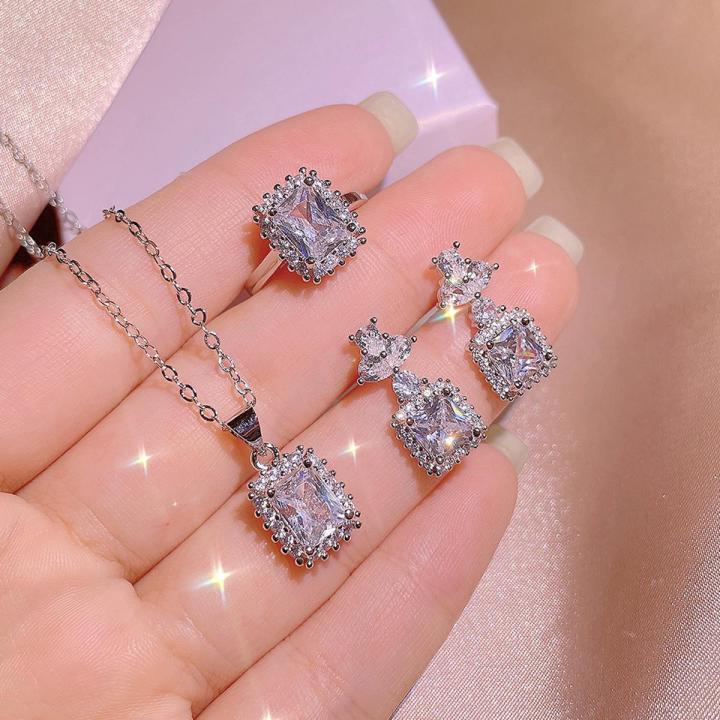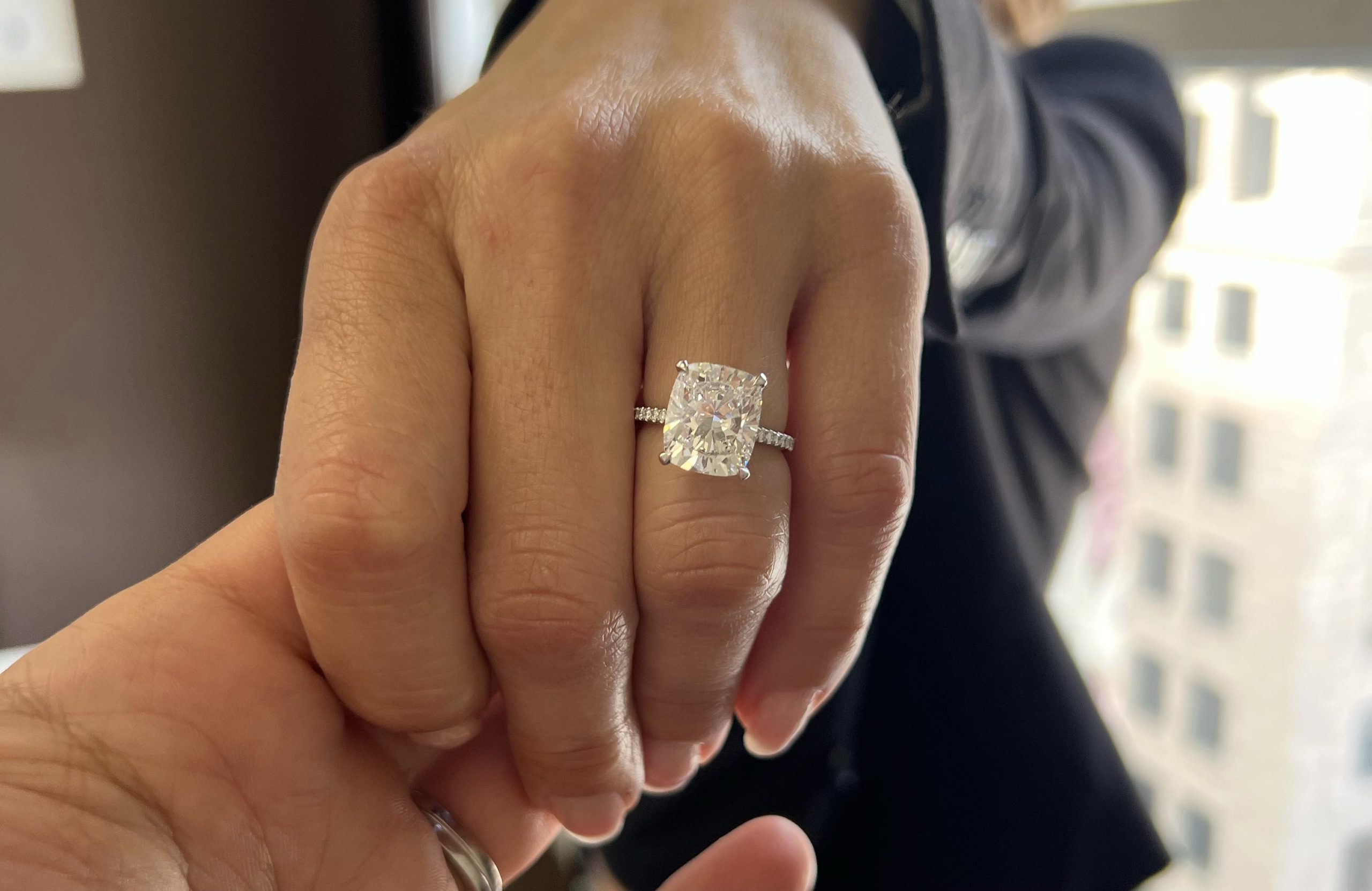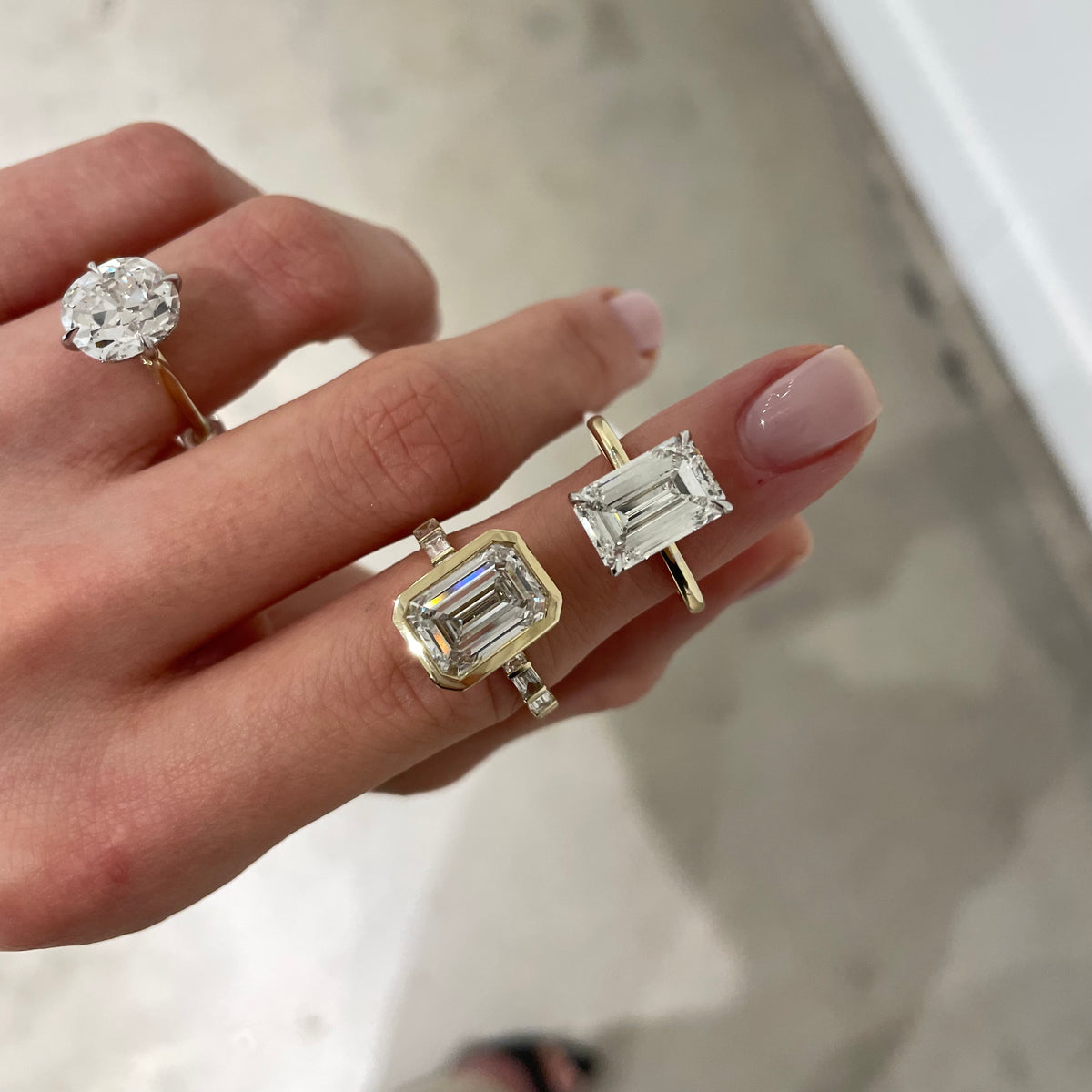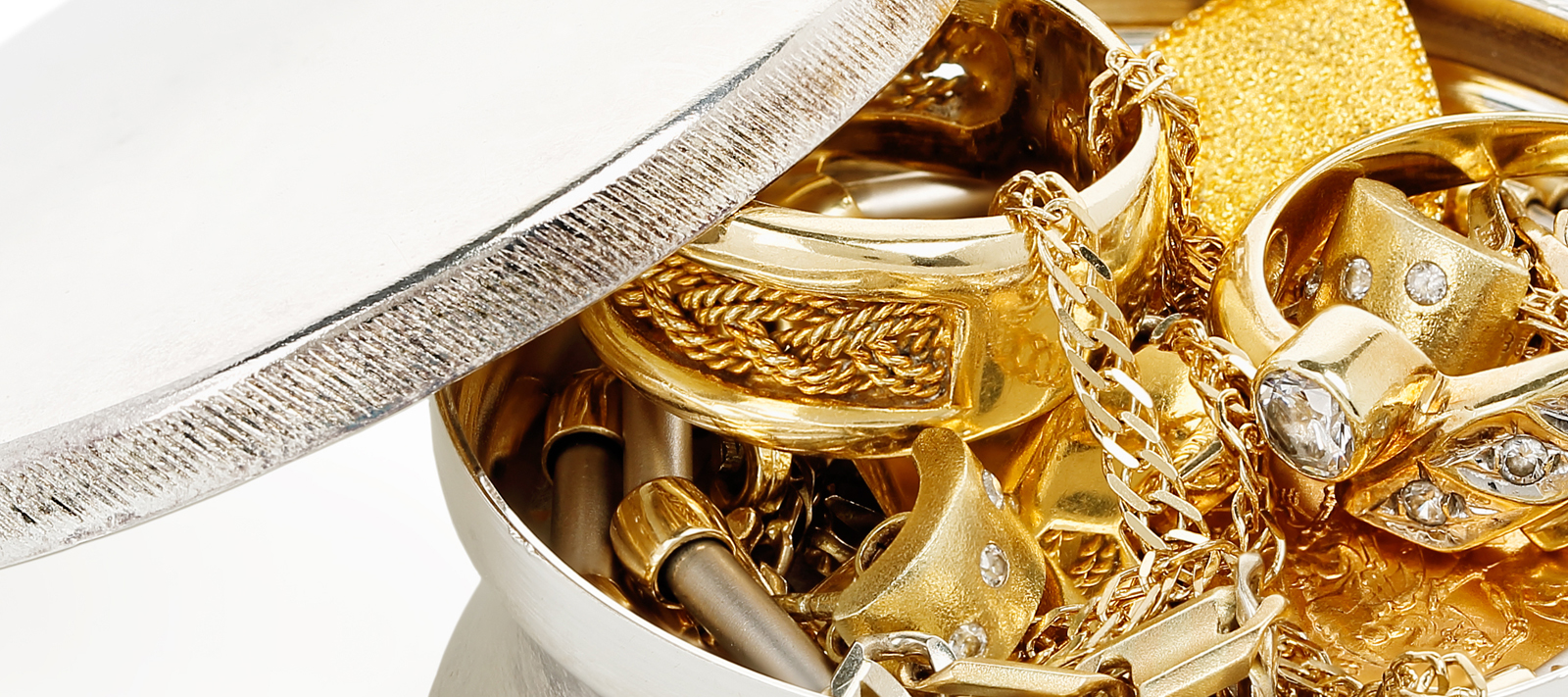Thinking of selling your gold? Whether it’s old jewelry, coins, or even scraps, the process can be a little overwhelming. Don’t worry! This guide will break down everything you need to know about gold buyers, how to navigate the market, and get the best deal for your treasures.
1. Introduction to Gold Buying
1.1 Why People Sell Gold
People sell gold for various reasons. Maybe you need cash for an unexpected expense, or you’ve got old jewelry lying around that you never wear. Some might be looking to downsize or simply make a little extra money from their investments. Whatever your reason, selling gold can be a smart financial move.
1.2 Who Are Gold Buyers?
Gold buyers come in many shapes and sizes! They can be local jewelers, pawn shops, or even online companies. These buyers purchase gold items from individuals like you, often with the goal of reselling or melting them down. Understanding who they are will help you choose the right buyer for your needs.
2. The Gold Market Explained
2.1 Understanding Gold Prices
Gold prices fluctuate based on a variety of factors, including supply and demand, economic conditions, and even geopolitical events. Keeping an eye on gold price trends can give you insight into when to sell. You can find real-time prices online or through financial news outlets.
2.2 Types of Gold that Buyers Purchase
Not all gold is created equal! Buyers are interested in various types of gold, including:
- Jewelry: This includes everything from rings to necklaces.
- Coins: Collector’s coins can fetch a premium, depending on rarity and condition.
- Gold Bullion: Bars and ingots are usually bought by investors.
- Scrap Gold: Broken or unwanted items can still hold value.
2.3 How the Gold Market Works
When you sell gold, it’s not just a simple exchange of cash for items. The buyer evaluates your gold based on its purity (measured in karats) and weight. They then offer a price that reflects the current market value. Understanding this process will empower you as a seller.
3. Finding Reputable Gold Buyers
3.1 Online vs. Local Buyers
When it comes to selling gold, you have options. Local buyers, like jewelers or pawn shops, allow you to see the process firsthand and get cash on the spot. Online buyers, on the other hand, offer convenience and sometimes better prices, but you’ll need to ship your gold to them.
3.2 What to Look for in a Buyer
Not all gold buyers are created equal! Look for:
- Reputation: Check online reviews and ratings.
- Transparency: A good buyer will explain the process and pricing.
- Certifications: See if they’re accredited by organizations like the Better Business Bureau.
3.3 Red Flags to Watch Out For
Beware of buyers who:
- Offer significantly lower prices than competitors.
- Refuse to provide a written quote.
- Pressure you to sell quickly.
Trust your instincts; if something feels off, it probably is!
4. Preparing to Sell Your Gold
4.1 Organizing Your Gold Items
Before heading to a buyer, gather all your gold items and clean them up a bit. This doesn’t mean polishing them to perfection, but removing any dirt or debris can help the buyer see their true value.
4.2 Getting an Appraisal
Consider getting a professional appraisal before selling. This can help you understand your gold’s value and give you a benchmark for negotiations. Appraisals are especially useful for unique pieces or items with sentimental value.
4.3 Knowing Your Gold’s Value
Understanding the weight and karat of your gold can help you feel more confident in the selling process. Use a digital scale to weigh your gold items and look up their purity to estimate their worth.
5. The Selling Process
5.1 How to Approach a Gold Buyer
Once you’ve found a potential buyer, approach them with your items. Be polite and open to their process, but also be prepared to ask questions. A good buyer will be willing to explain their methods and pricing.
5.2 Negotiating the Price
Don’t hesitate to negotiate! Just like any transaction, you have the right to discuss the price. Use your appraisal as leverage and be informed about current gold prices. Remember, it’s perfectly acceptable to walk away if the offer doesn’t meet your expectations.
5.3 Completing the Transaction
If you’re happy with the price, it’s time to complete the transaction. Make sure you get a receipt that includes details about the gold you sold and the price you received. This will be helpful for future reference or potential taxes.
6. Frequently Asked Questions
6.1 How is Gold Valued?
Gold is typically valued based on its purity and weight. The higher the karat, the more valuable it is. Current market prices also play a significant role, so keep an eye on fluctuations.
6.2 What Types of Gold Can Be Sold?
You can sell virtually any gold item, including jewelry, coins, and even dental gold. Just make sure to check the purity and condition to get an accurate valuation.
6.3 How Quickly Can I Get Paid?
This depends on the buyer. Local jewelers often pay in cash on the spot, while online buyers may take a few days to process your shipment and payment. Always ask about the payment timeline before you sell.
7. Conclusion
Selling gold can be a straightforward and rewarding experience if you know what you’re doing. By understanding the market, finding reputable buyers, and being prepared, you can ensure that you get the best price for your gold items. Whether you’re selling old jewelry, coins, or scraps, remember that knowledge is power. So go ahead—turn that gold into cash and treat yourself to something special! Happy selling!









